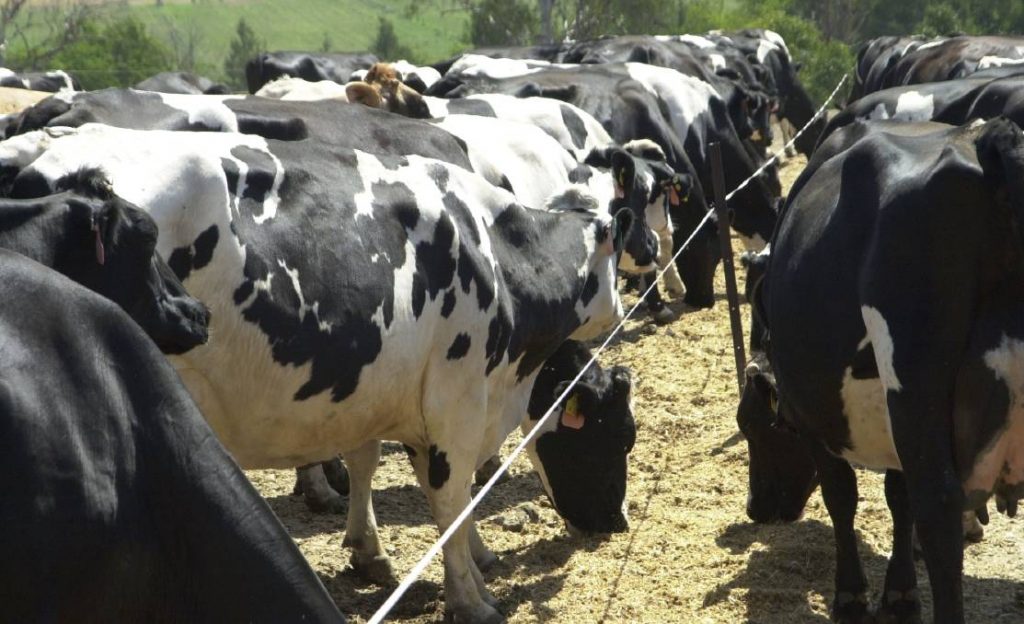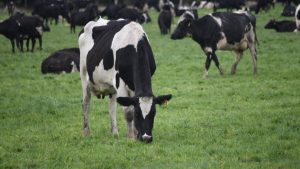
We asked Colin to give his opinion on his observations during his trip.
It’s not often that I get time away from my own farm to see what’s happening in other states. My recent trip with QDO was valuable but highlighted to me how disadvantaged the Queensland dairy industry is due to the lack of priority RD&E.
I believe one of the most important factors behind milk production and animal health is feed quality. I have a dedicated feed manager on-farm who is well trained in silage bunk management and delivering high quality and accurate rations daily to the milking herd and young stock. He has completed feeding training courses run by our US-based nutrition consultant. We have had to go further afield to source information and advice we need as there has been little RD&E work done in Australia for intensive dairy systems. Good nutrition and feed quality is fundamental to milk production and yet, there was little evidence of extension programs available to farmers that gives the knowledge and training needed to do this well. Certainly, we shouldn’t be expected to get state government funding for necessary on-farm extension programs such as this when they should be run by DA.
Below are just some of the observations that I believe need to be given priority RD&E.
Most farms in Queensland rely on supplementary feeding to some degree, whether it is a partial mixed ration or a total mixed ration. I found that many supplementary feeds were of poor quality. I believe many farms could benefit from improving the management and infrastructure of feed storage systems and improve the quality of crops grown for silage harvest. This is the lowest hanging fruit for improving milk production.
Perhaps another area that requires research is into compost and free stall barns. Many farmers are comparing the costs of a poorly designed and undersized compost barn to a properly designed free stall.
With milk prices and seasonal conditions beginning to improve, many farmers are interested in making investments to increase farm profitability. It is more important than ever that farmers are provided with the proper advice and assistance, founded on sound RD&E programs, to ensure that they make the best decisions for their farms.

























